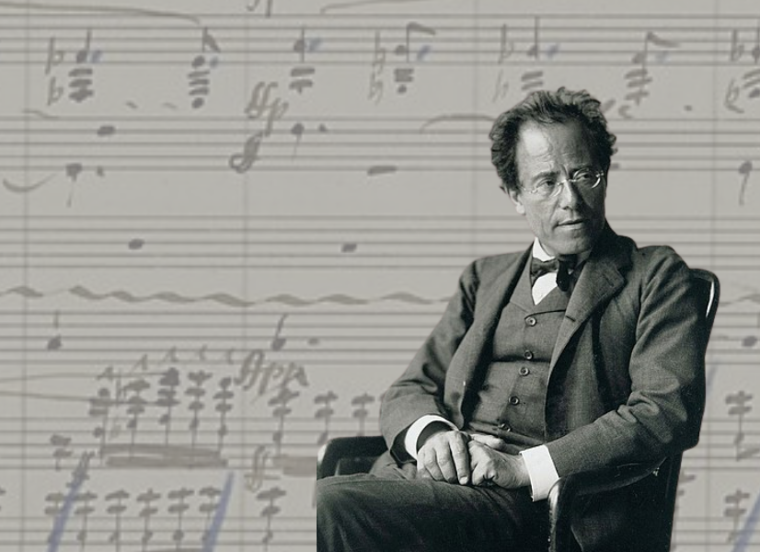

The Mahler Editions of the Universal Edition
Gustav Mahler and Universal Edition
Here you can find out why conductors choose the Mahler editions of Universal Edition and its partner publishers (Edition Peters and Boosey & Hawkes) to present the music of Gustav Mahler to their listeners exactly as the composer intended.
The world's best orchestras trust Universal Edition

What are the advantages of the Mahler editions of Universal Edition?
Authorised by Gustav Mahler himself | Mahler expertise for over 100 years | State-of-the-art research | Editions based on all available sources*: Sketches, particels, score drafts, engravings, performance materials, correspondence, private documents | Based on intensive collaboration with the International Gustav Mahler Society | Awards** | All turning points practically arranged | Handy format of the conducting score | Excellently legible, harmonious notation | Extensively informative, scholarly preface

*Gustav Mahler was as respected as he was feared as a relentless perfectionist throughout his life. After performances of his own works, he usually made revisions. This revisionary activity often concerned the clarification of phrasing and the refinement of instrumentation.
**Titan in the New Critical Complete Edition, for example, won the German Music Edition Prize BEST EDITION. With this prize, the Deutscher Musikverleger-Verband e. V. (DMV) honours the editorial achievement of this work.
Lorem ipsum
Lorem ipsum
Lorem ipsum
Lorem ipsum dolor sit amet
dolor sit amet
Lorem ipsum
Lorem ipsum dolor sit amet
dolor sit amet
Lorem ipsum
Lorem ipsum dolor sit amet
dolor sit amet
Lorem ipsum
Lorem ipsum dolor sit amet
dolor sit amet
